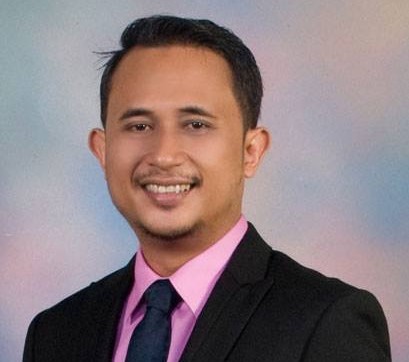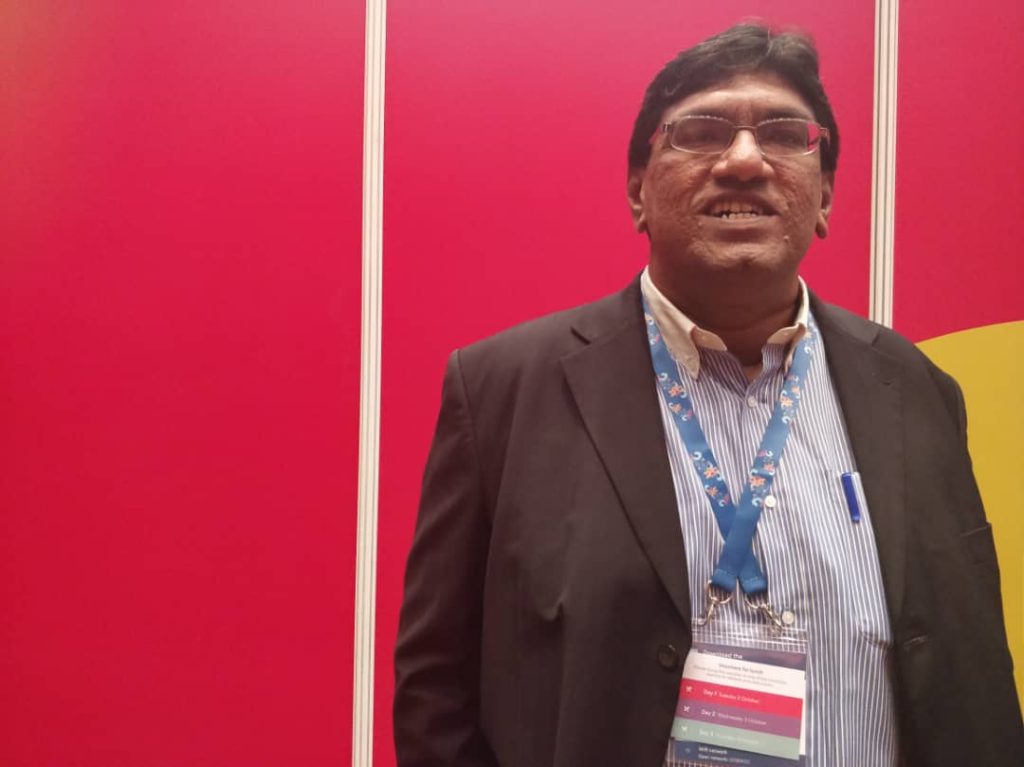KUALA LUMPUR, May 20 — Insurance agents confirmed that the critical illness definitions newly released on mySalam’s website mirror those in commercial insurance — except that the latter pays up to half a million ringgit, whereas the government scheme only pays RM8,000.
CodeBlue spoke to Khairul Rohaizad Rosli, a 32-year-old life insurance agent from Melaka who said the definitions of the 36 critical illnesses covered by mySalam — an insurance-like government scheme run by Great Eastern Takaful Berhad under the Ministry of Finance’s (MOF) purview — are exactly like those in commercial policies.
“The definitions (of critical illnesses) on mySalam’s website is pretty much the same like the ones that we used for the industry right now. Typically, policy will cover a payout between RM250,000 to RM500,000 for critical illnesses,” Khairul Rohaizad told Code Blue.
mySalam’s website states various exclusions and criteria required for coverage of 36 critical illnesses. “Very early cancers” are not covered. Neither are conditions like Alzheimer’s, cardiomyopathy (heart disease), coma, and end-stage liver failure if they are related to alcohol or drug abuse.
“Drug-induced or toxic causes” of Parkinsonism is not covered either, nor intravenous drug users who contract an HIV infection from a blood transfusion. All cancers and encephalitis diagnosed amid an HIV infection are also not covered. Minimum assessment periods and symptom duration of three to six months are required for coverage of several conditions, like loss of independent existence, major head trauma, stroke, loss of speech, limb paralysis, full-blown AIDS, and multiple sclerosis.

Muhammad Solleh Mahfoz, a 39-year-old former takaful agent from Kuala Lumpur, also agreed with Khairul Rohaizad that the definitions of critical illnesses covered by mySalam mirrored those used in commercial insurance.
“It is almost identical. And the amount of coverage is basically based on your needs depending on your lifestyle and commitment.
“There are a variety of market segments with different value propositions out there. But I always believe it is better to have some (limited) coverage than nothing at all,” said Solleh, who is currently leading an NGO for the betterment of children’s education that targets the bottom 40 per cent (B40).
Although the B40 aged 18 to 55 diagnosed with any of the 36 illnesses are eligible for the daily RM50 hospitalisation benefit for 14 days per annum under mySalam, those with pre-existing conditions, which means a diagnosis before January 1 this year, are excluded from receiving the RM8,000 lump sum benefit.
To date, only two out of over 1,000 mySalam applicants have received the RM8,000 cash, Deputy Finance Minister Amiruddin Hamzah told Dewan Rakyat last month.
When asked about that and why is it difficult for an insurance company to make a payout, the agents told CodeBlue that this was not necessarily the usual case.
“Actually, to claim for a payout is not difficult. Insurance companies have their own standard operating procedures (SOPs). Even mySalam have their own SOP.
“It is only that the applicants are not equipped with enough information on the requirement (to claim), thus creating hassle to them. This comes to the importance [of the] role of an agent to serve and facilitate the process,” said Muhammad Solleh.
As for Khairul Rohaizad, he said he always met applicants who were not honest about their health condition and medical history, thus making it complicated to file a claim.
“For instance, the applicant did not declare that he is a smoker. When he went for cancer test and later diagnosed with lung cancer because of the result of his smoking habit and lifestyle, the insurance company will need to hold his policy for a proper investigation and will prolong the processes. Worst case scenario, his application will be rejected!” said Khairul Rohaizad, who has more than five years’ experience in the life insurance industry.

CodeBlue spoke to National Cancer Society of Malaysia (NCSM) medical director Dr Murallitharan Munisamy about the cancer definitions and exclusions of various cancers from coverage under mySalam.
“There is no universal definition of cancer. In this, by keeping the definitions quite vague, for example interpretable according to whatever whoever chooses to, mySalam is exposing themselves to a lot of problems,” said Dr Murallitharan.
“The system is to be administered by Great Eastern Takaful representatives. Many of us question the ability of the staff assigned to process claims to be able to make interpretations on whether cancer patients deserve the claim based on such loose definitions as currently provided. Even doctors currently have no idea on what is the correct diagnostic term to be used correctly for a positive claim to be processed by mySalam,” he added.
When asked why mySalam had so many exclusions, including those related to alcohol and drug use, a MOF official told CodeBlue that the exclusions were the underlying principle of Takaful coverage, or Islamic insurance.
“Takaful coverage is to protect the unexpected and unintended unfortunate events. Just as self-inflicted injuries are specifically excluded, we view these specific critical illnesses which are resulting from alcohol or drug use to be ‘self-inflicted’.
“As such, these are not ‘unintended’ and should not be covered,” said the MOF spokeswoman.
mySalam critics have said that public health insurance should be as inclusive as possible, rather than exclusive like commercial policies.








